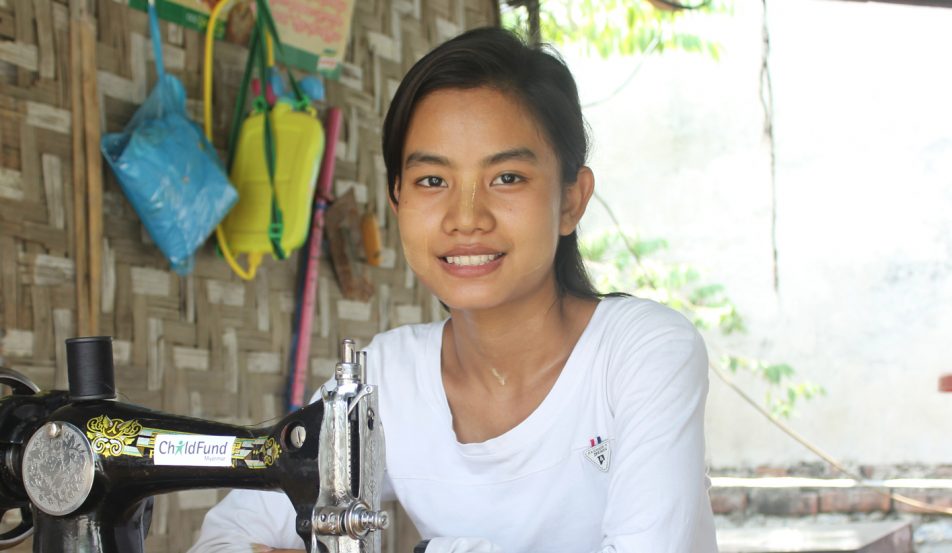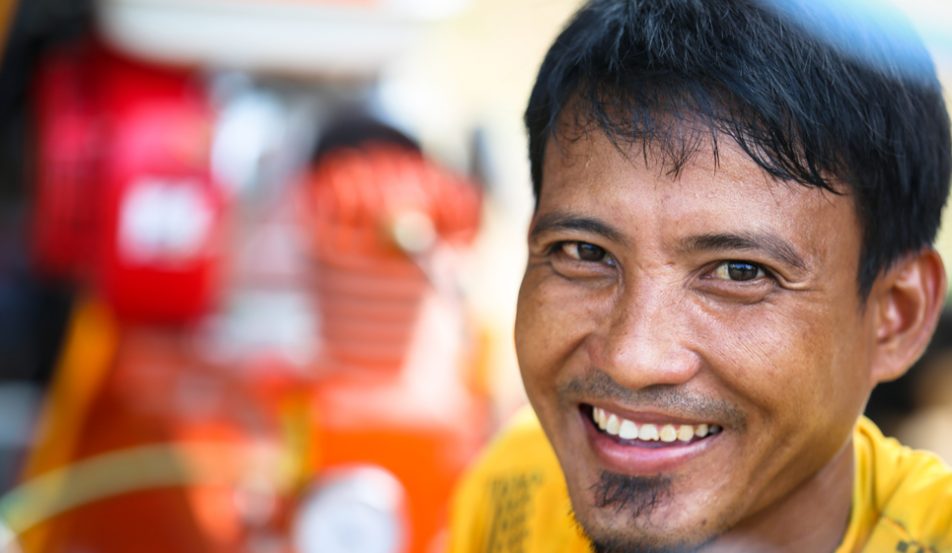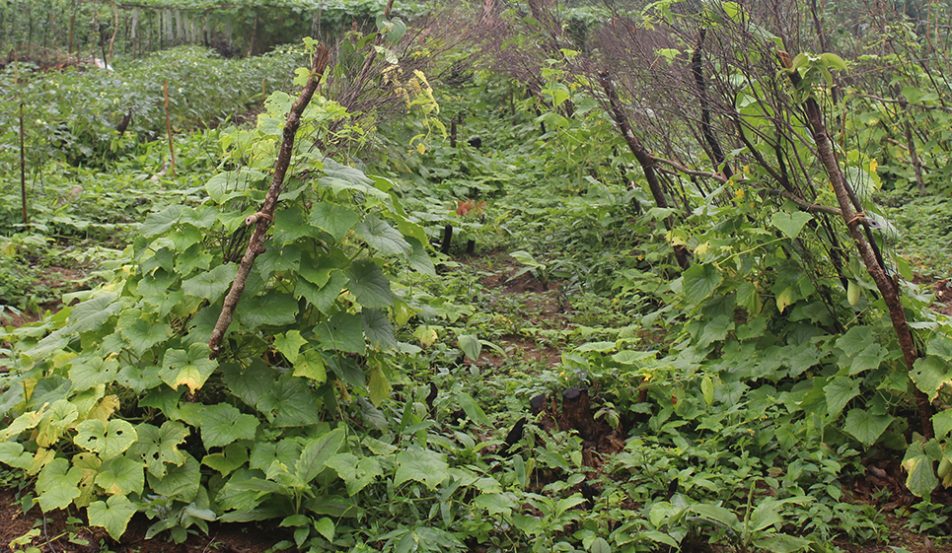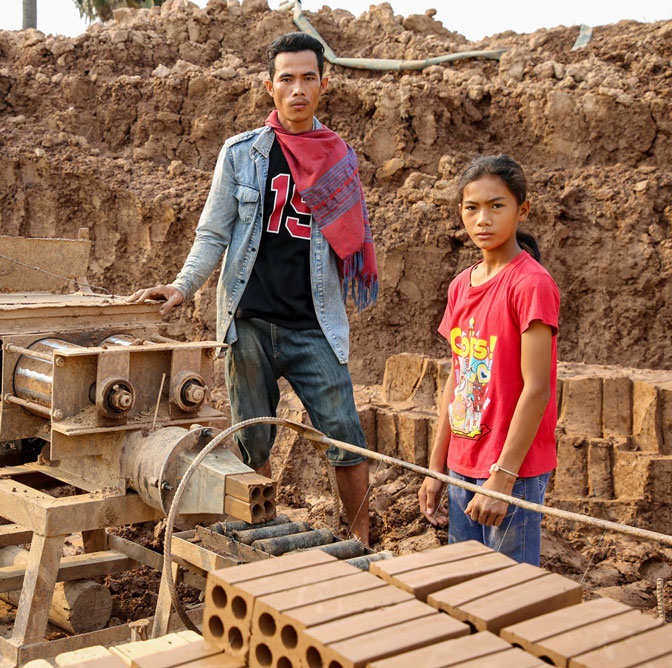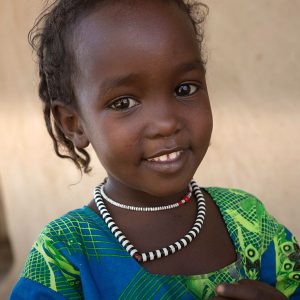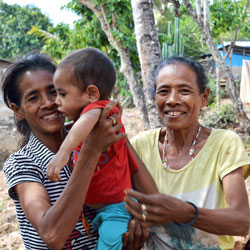Hope is sprouting up in a Mexican school garden
A small public school in the Sierra Norte region of Puebla, Mexico, recently won a prestigious state award for its organic garden, which has produced much more than fruits and vegetables; it has also taught the community about nutrition, agricultural practices and improved entrepreneurship.
In a program supported by ChildFund, the school’s garden helps students to learn not only about nutrition and agriculture, but also their indigenous heritage. In Mexico’s northern highlands, much of the population is indigenous, and the program encourages students to talk about gardening, recipes and nutrition with their parents and grandparents in their native language, Nahuatl.
Maria Isabel, 15, has been heavily involved in the project since day one. She was chosen to represent her school in a state held ceremony, where the principal, teachers and students of the school were recognized for their innovative garden.
“With programs like the school garden, a new hope is growing in the community, because we want to learn,” she said.
The garden has medicinal plants, fruits, vegetables, trees and herbs. Maria Isabel is able to recognise each plant, explain its nutritional value, recite recipes it can be used in, and remember how much shade, water and care it needs. Maria Isabel and her classmates also learn the names of the plants in both Spanish and Nahuatl, and recall their full scientific names.
Students’ families also visit the garden and are taught alternative gardening methods, such as how to use old soccer balls, plastic soda bottles and truck tires for planting, to save space.
The program educates families on how fruit and vegetables from the garden can make healthy and nutritious substitutes to their diets, like making vegetable pancakes with bananas and carrots.
“I had never had nopal cactus leaves with steamed onions before the school garden,” says Maria Isabel. “Now they are my favourite and they are rich in Vitamin A.”
Family members can take home some of the produce and are also encouraged to diversify their own gardens from the typical focus on rice and oranges. Furthermore families are beginning to sell surplus produce in roadside stalls, which supplements their incomes and benefits their neighbours and relatives.
The school has even started baking goods with ingredients from their garden and hopes that they will continue to shape a brighter future for their small community.



